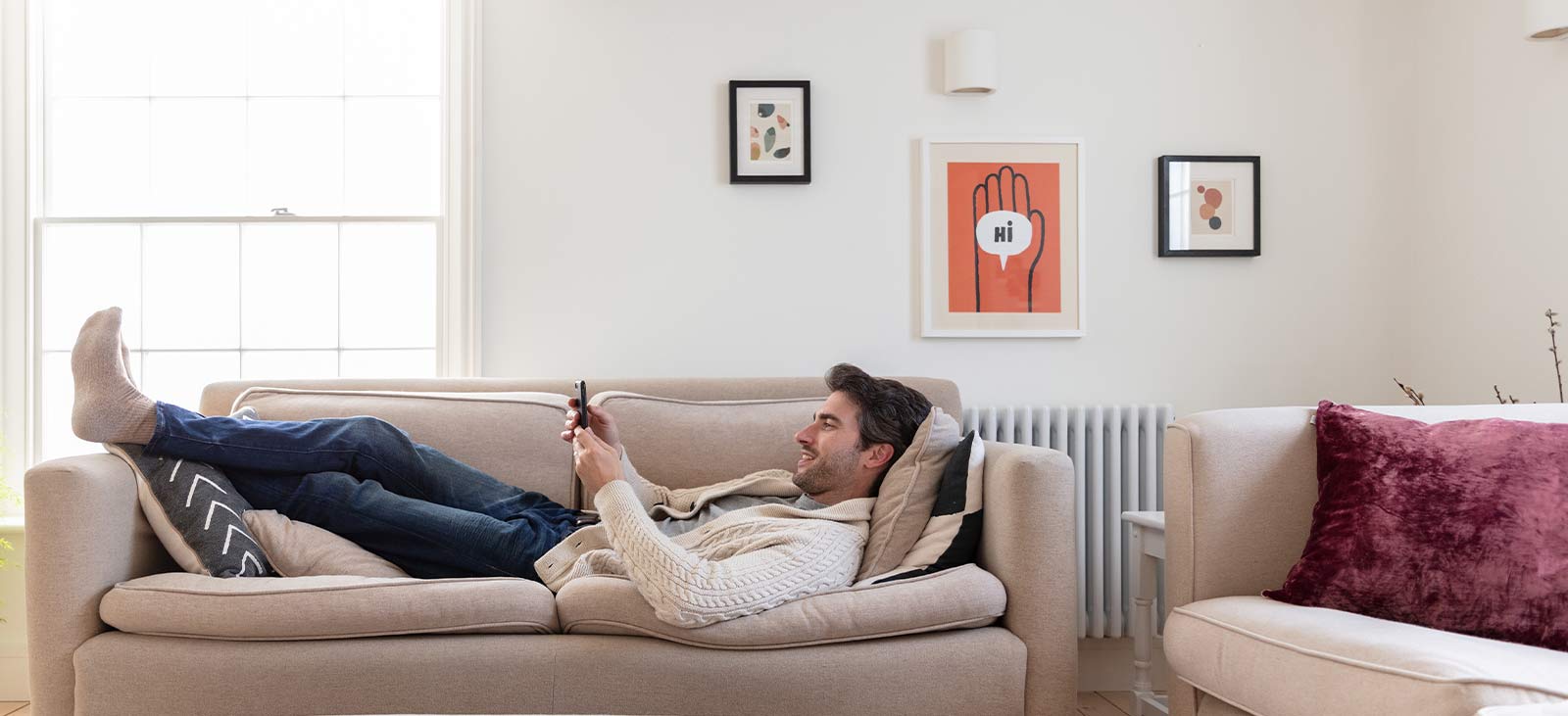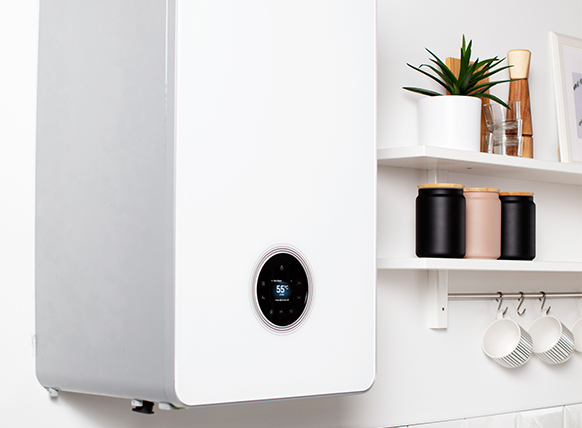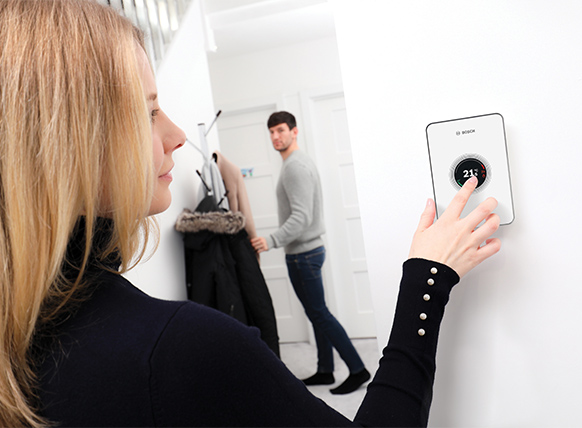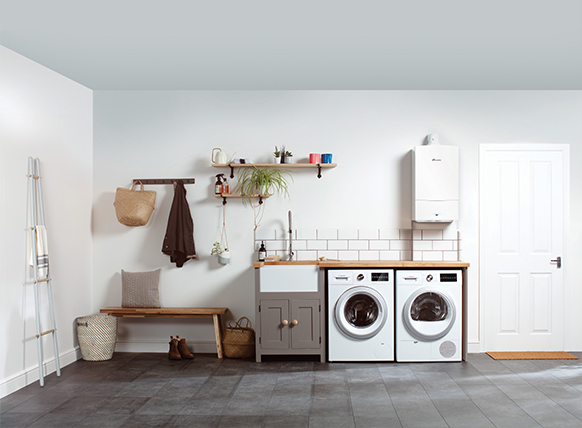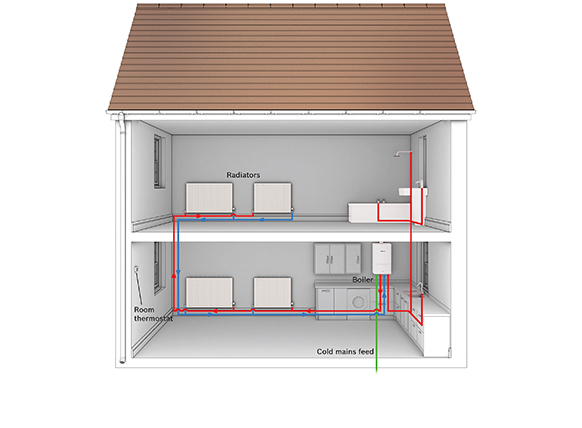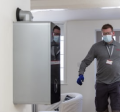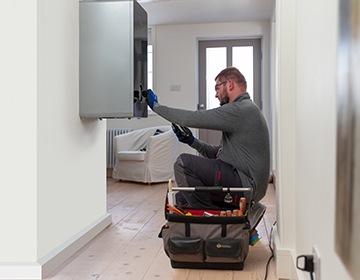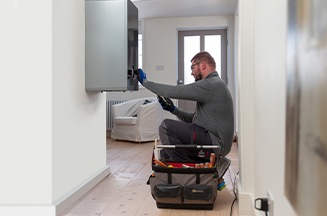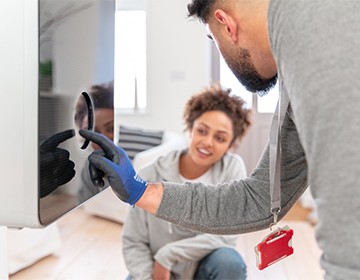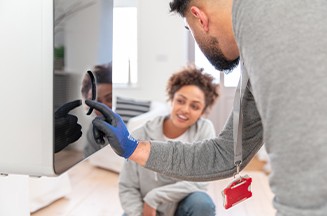The cost to run central heating all depends on various factors, such as:
- The size and age of your home
- How much insulation you have
- Average temperature
- The needs of the people living with you
- How efficient your boiler is
According to Which? The average annual cost for heating and hot water with central heating is £542 based on using 12,000 kWh a year.
If you want to work out how much you spend per hour, then find a recent monthly bill and divide the price for gas by the number of days in that month (e.g. 31 for October) to get your daily cost, then divide by 24 to get your hourly cost. As this is a manual process, you will only find out how much you spend after you’ve spent it. For example, if you had a bill of £45 for October (31 days), it would mean £1.45 per day and 6p per hour.

